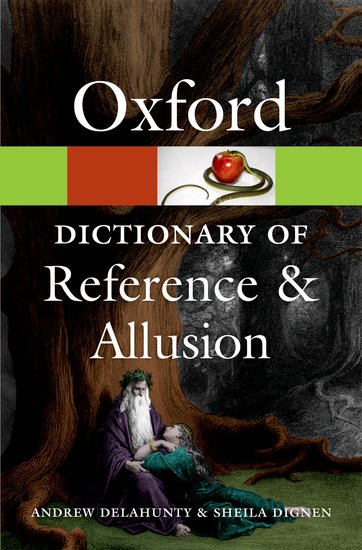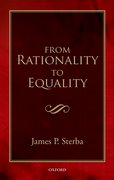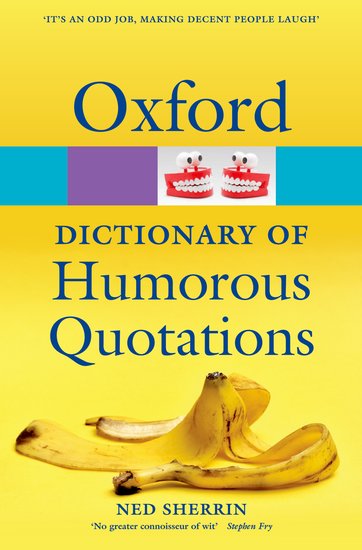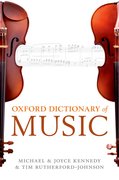Burrowing into Punxsutawney Phil’s hometown data
Every February second, people across Pennsylvania and the world look to a famous rodent to answer the question—when will spring come? For over 120 years, Punxsutawney Phil Soweby (Punxsutawney Phil for short), has offered his predictions, based on whether he sees his shadow (more winter) or not (an early spring).












